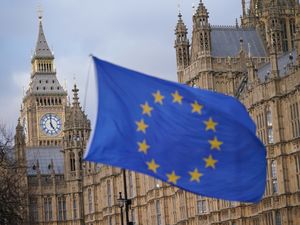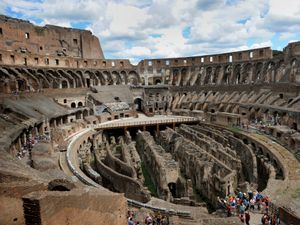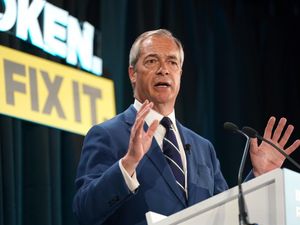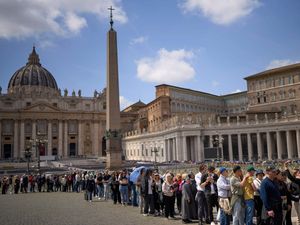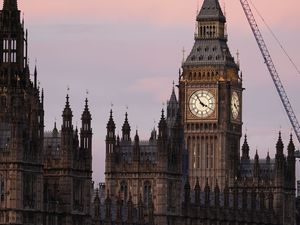Starmer insists ‘world safer when leaders talk’ as he defends China discussions
The Prime Minister met China’s president Xi Jinping at the G20 summit in Brazil.
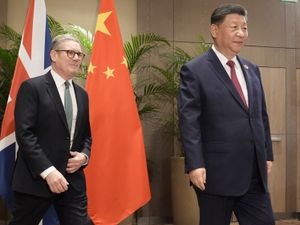
Sir Keir Starmer has defended holding talks with China’s president Xi Jinping, telling MPs: “The world is safer when leaders talk.”
The Prime Minister said the two had a “frank, constructive, pragmatic discussion” in the margins of the G20 summit in Rio de Janeiro, Brazil.
The talks came a day before China jailed 45 pro-democracy activists in Hong Kong, which the UK later criticised, and as MPs renewed calls for Hong Kong businessman and British national Jimmy Lai to be released from prison.
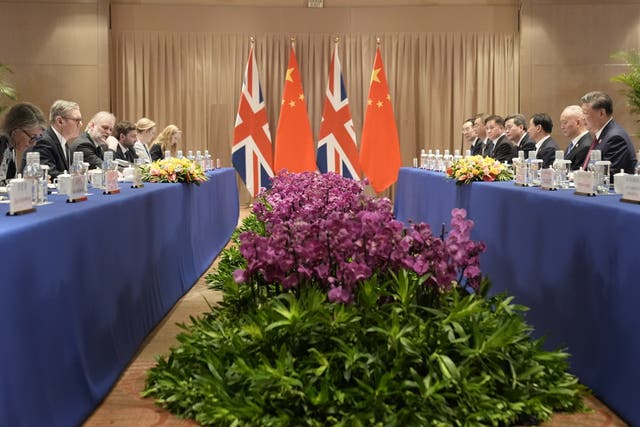
Making a Commons statement on the G20 and Cop29 summits, Sir Keir said of the discussions: “This was the first leader-level meeting between the United Kingdom and China for six years.
“We had a frank, constructive, pragmatic discussion. As G20 economies and permanent members of the Security Council, and at a time of huge volatility, we both recognised the importance of engagement.
“I was clear that we will always act in our national interest, we need to work together on challenges like climate change and delivering growth, we agreed a new dialogue on these issues, which the Chancellor (Rachel Reeves) will take forward with vice-premier He in Beijing.
“Of course there will continue to be areas where we don’t agree and we will address them clearly and frankly.
“That includes a number of issues on human rights, the sanctioning of members of this House and of course Hong Kong.

